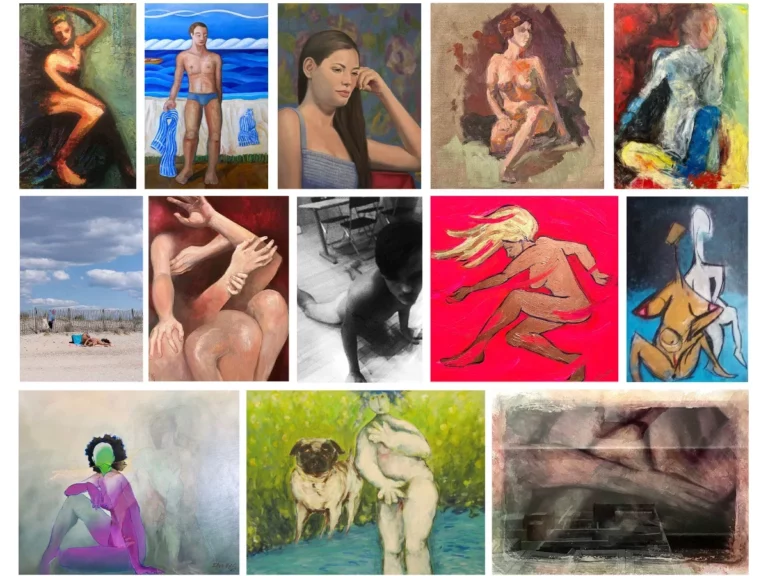Commonwealth Future- a roadmap to better eye care for nation’s vision
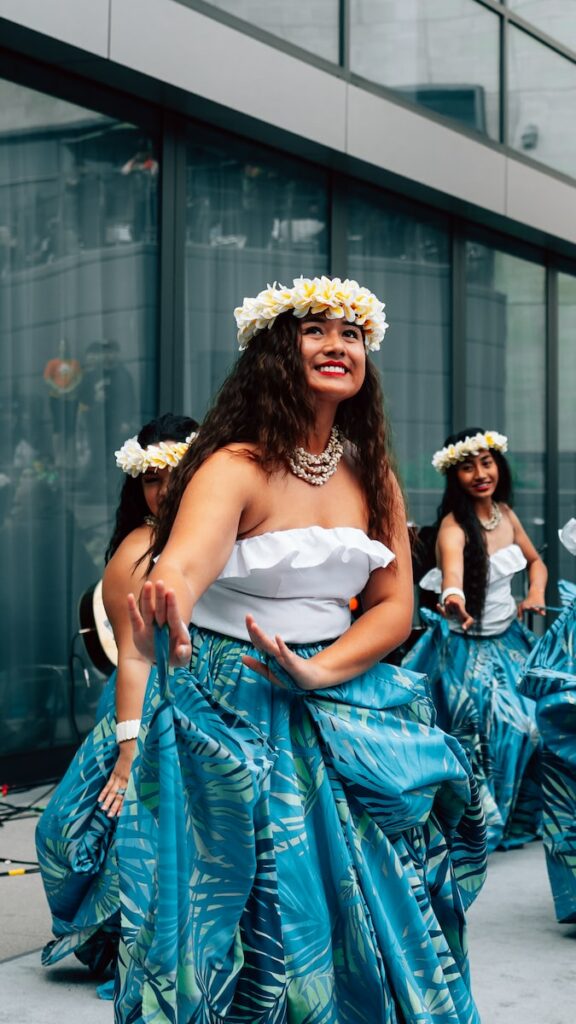
Eye care is a critical component of overall health and well-being, yet millions of people in the Commonwealth region still lack access to essential eye care services. The prevalence of vision impairment and blindness is a significant public health challenge, with far-reaching economic and social impacts. According to the World Health Organization, an estimated 75% of all blindness and vision impairment is preventable or treatable, yet many people in the Commonwealth continue to suffer needlessly.
Staggering statistics reveal the scale of the challenge: more than 90 million people in the Commonwealth region live with vision impairment, with women, children, and those less fortunate disproportionately affected. In this article, we will explore the challenges and opportunities for improving access to eye care services in the Commonwealth, and highlight the progress made by the Commonwealth in reducing the burden of blindness and vision impairment.
Table of Contents
(Left to Right) Lynn Stanier MBE, Noor Azlina Zainal Abidin-Mills, Hiruni Rajapakse, Mei Sim Lai OBE DL, Ntee Bereng, Ajantha Tennakoon
Commonwealth Future celebrates International Women’s Day
As Commonwealth Day approaches on March 13th, member states are gearing up to celebrate the annual event with festivities aimed at promoting global peace. The day will be especially poignant this year, falling as it does, on the heels of International Women’s Day on March 8th. The theme of the 2023 celebration is ‘Embrace Equity’ and it is a time for people around the world to reflect on the importance of promoting equality for all.
Commonwealth future, a not-for-profit, non-political organisation working towards a brighter future for the Commonwealth, hosted a luncheon on March 7th at the Caledonian Club in London. The event paid tribute to both Commonwealth Day and International Women’s Day, and included discussions about the vital importance of global eye care.
Commonwealth Future’s primary aim is to raise awareness about the need for global eye care. The organisation is working to transform the lives of more than 2.4 billion people across the Commonwealth by optimising sight and ensuring that access to eye care is available to everyone. Its long-term vision is to be involved in shaping policy and sharing best practice by bringing together experts from around the world to develop practical solutions.
The luncheon provided an opportunity to celebrate the diversity of culture and heritage across the Commonwealth, with guest speakers including Lord Bellingham, a British Conservative politician and former barrister, who spoke about Africa and the importance of building soft power and personal relationships around the Commonwealth. Lord McNally, a former Leader of the Liberal Democrats in the House of Lords, and British politician spoke about the importance of working at relationships, and fostering closer ones with the younger profile across the region.
Acknowledging and discussing International Women’s Day, Mei Sim Lai OBE DL, originally from Malaysia, but of Chinese origin who was awarded an OBE for services to equal opportunities in the 2004 New Year Honours, pointed out that in her opinion, equality and equity are not interchangeable by saying;
‘Equality is giving everyone a shoe, whilst equity is giving everyone a shoe that fits.’
Father Martin Hislop DL, the Representative Deputy Lieutenant in the Royal Borough of Kingston upon Thames, spoke about the youth of the Commonwealth as being representative of the present, rather than the future, and how his Australian heritage has shaped him.
Clear vision: caring for nation’s vision
Integral to each of the speeches was the provision of eye care for women and children, and those less fortunate across the Commonwealth region. As a gesture towards raising awareness of the importance of accessibility to eye care, Commonwealth Future board member Professor John Marshall MBE, Frost Professor of Ophthalmology at the Institute of Ophthalmology in association with Moorfield’s Eye Hospital, University College London, donated a cheque for £250 to a representative from the Commonwealth Countries League (CCL) who work across the region promoting equality and opportunity for girls and young women.
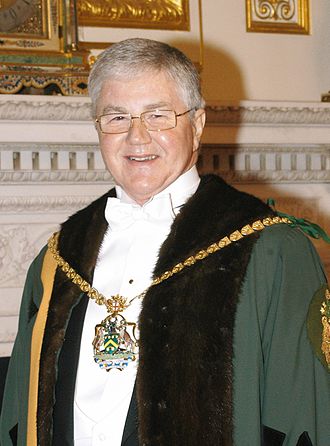

Professor John Marshall, a leading expert in the field of ophthalmology created the world’s first Diode laser for treating eye problems of diabetes, glaucoma and ageing. With over forty years of research experience, he has focused on the interplay between light and aging, the underlying mechanisms of retinal diseases, and the development of laser technology for ophthalmic surgery. Professor Marshall’s pioneering work has resulted in nearly 400 research papers and several book chapters and books. He is the inventor and patent holder of the Excimer laser, a revolutionary technology used to correct refractive disorders, with over 30 million procedures performed worldwide. Additionally, he created the first Diode laser, which is used to treat various eye conditions, including diabetes, glaucoma, and aging. As an accomplished editor and co-editor, Professor Marshall is widely recognized for his contributions to numerous international journals in ophthalmology.
Transforming lives through eye care
Eye care statistics in the Commonwealth reveal a staggering prevalence of vision impairment and blindness. In addition, a significant proportion of the population suffers from other eye conditions, such as cataract, glaucoma, and trachoma. One of the main challenges facing vulnerable populations in the Commonwealth, such as women, children, and those less fortunate, is the lack of access to eye care services. This is particularly true in rural and remote areas, where the shortage of eye care professionals and facilities makes it difficult for people to receive the care they need. In addition, cultural and social barriers can further limit access to eye care services, particularly for women and children.
The economic and social impact of vision impairment and blindness is also significant, particularly for individuals and communities living in poverty. For individuals, vision impairment can limit employment opportunities and reduce their ability to participate fully in social and cultural activities. It can also lead to increased healthcare costs and a greater risk of falls and accidents. At the community level, vision impairment and blindness can result in lost productivity and increased healthcare expenditures, placing a burden on already-strained healthcare systems.
Addressing these challenges and improving access to eye care services is a critical component of the Commonwealth Future’s vision for promoting standards of excellence and transforming the lives of Commonwealth citizens. Through targeted initiatives and partnerships, the Commonwealth is working to reduce the burden of vision impairment and blindness and ensure that all citizens have access to the eye care services they need.
Improving access to eye care services for those less fortunate is a key priority for the Commonwealth. To achieve this, the Commonwealth has invested in infrastructure and technology to support the delivery of eye care services in rural and remote areas. This includes the establishment of mobile eye care units and telemedicine systems, which enable eye care professionals to provide remote consultations and diagnostics to patients in remote locations.
In addition to these technological solutions, community engagement and awareness-raising play a critical role in improving access to eye care services for those less fortunate. By raising awareness about the importance of eye health and encouraging individuals to seek care when they need it, communities can help to reduce stigma and overcome cultural and social barriers to accessing eye care services.
Community-based eye care programs, such as the Aravind Eye Care System in India, provide a model for effective community engagement and service delivery. Aravind Eye Care System operates a network of hospitals and clinics throughout India, providing high-quality, affordable eye care services to people of all income levels. The organisation also works to raise awareness about the importance of eye health through education and outreach programs, engaging with communities to build trust and understanding.
Overall, improving access to eye care services for those less fortunate is a multifaceted challenge that requires investment in infrastructure and technology, as well as community engagement and awareness-raising. The Commonwealth Future‘s commitment to addressing this challenge through targeted initiatives and partnerships is a testament to its dedication to promoting standards of excellence and transforming the lives of Commonwealth citizens.
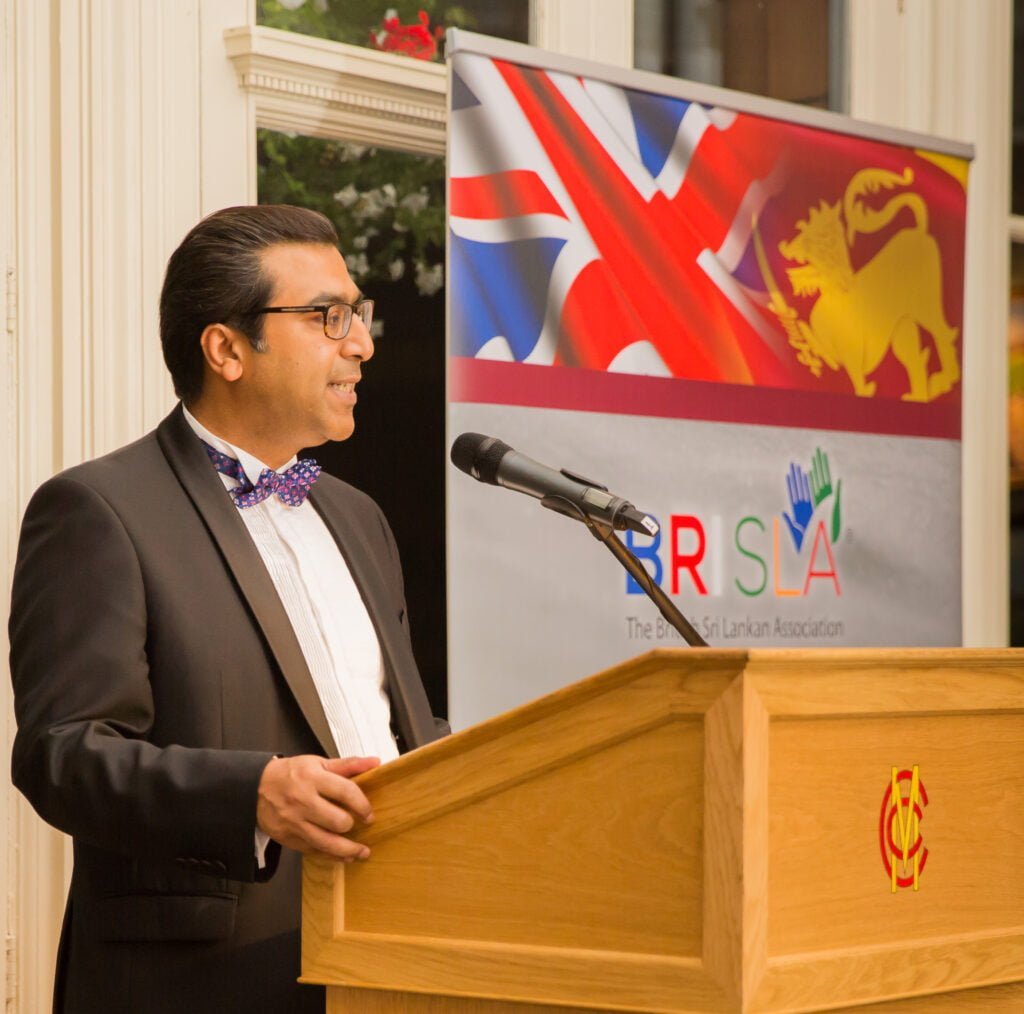
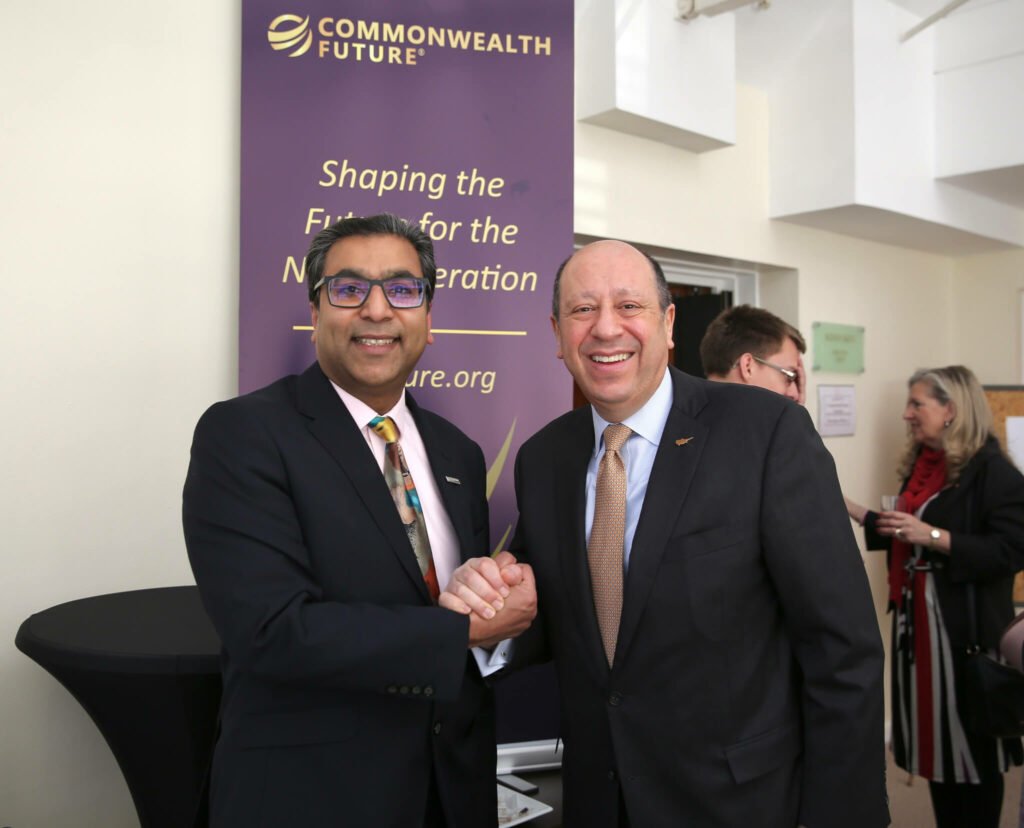
Dr Zimar Sivardeen, Chairman of Commonwealth Future and store director at Specsavers New Malden said: ‘It was truly wonderful to celebrate Commonwealth Day which brings so many nations together, and also International Women’s Day, whose aim is to ensure equality and women’s empowerment. Our guest speakers were inspiring and enthusiastic in their discussions, which covered a range of important healthcare topics.’
Dr Sivardeen continued; ‘Our aim as an organisation is to ensure that eyesight provision is accessible to everyone through partnering with governments, like minded organisations and other stakeholders to create a positive future.’
Eye care is an essential part of healthcare, yet millions of people across the Commonwealth community still lack access to the eye care services they need. The World Health Organization estimates that more than 1 billion people globally are living with vision impairment or blindness that could have been prevented or treated.
In the Commonwealth, eye care is a key focus area for the future vision of the community. The Commonwealth recognizes that access to eye care services is essential for individuals to lead productive and fulfilling lives, and is committed to improving access to eye care services across the community.
To achieve this, the Commonwealth is working to promote awareness of eye care issues, improve access to eye care services, and support research and development of new treatments and technologies.
One of the ways the Commonwealth is improving access to eye care services is through the Queen Elizabeth Diamond Jubilee Trust, which has launched a program called “The Commonwealth Eye Health Consortium”. This program is working to strengthen eye care systems in low and middle-income countries across the Commonwealth, with the aim of providing comprehensive, accessible, and affordable eye care services to all.
The statistics related to eye care in the Commonwealth are staggering. According to the International Agency for the Prevention of Blindness, the Commonwealth is home to nearly half of the world’s blind population. In addition, the prevalence of blindness and vision impairment is higher among women, older adults, and people living in rural areas.
But there is hope. With the support of the Commonwealth, organizations like the Queen Elizabeth Diamond Jubilee Trust, and dedicated healthcare professionals, progress is being made in improving access to eye care services and reducing the burden of blindness and vision impairment.
Through initiatives like the Commonwealth Eye Health Consortium, the Commonwealth is helping people get their vision back and improving the quality of life for millions of people across the community. By working together and committing to the goal of comprehensive, accessible, and affordable eye care for all, the Commonwealth is setting a new standard for healthcare and improving the lives of its citizens.





